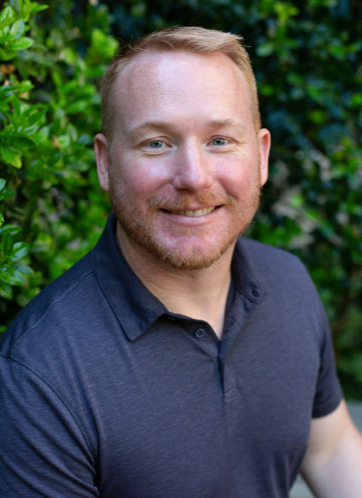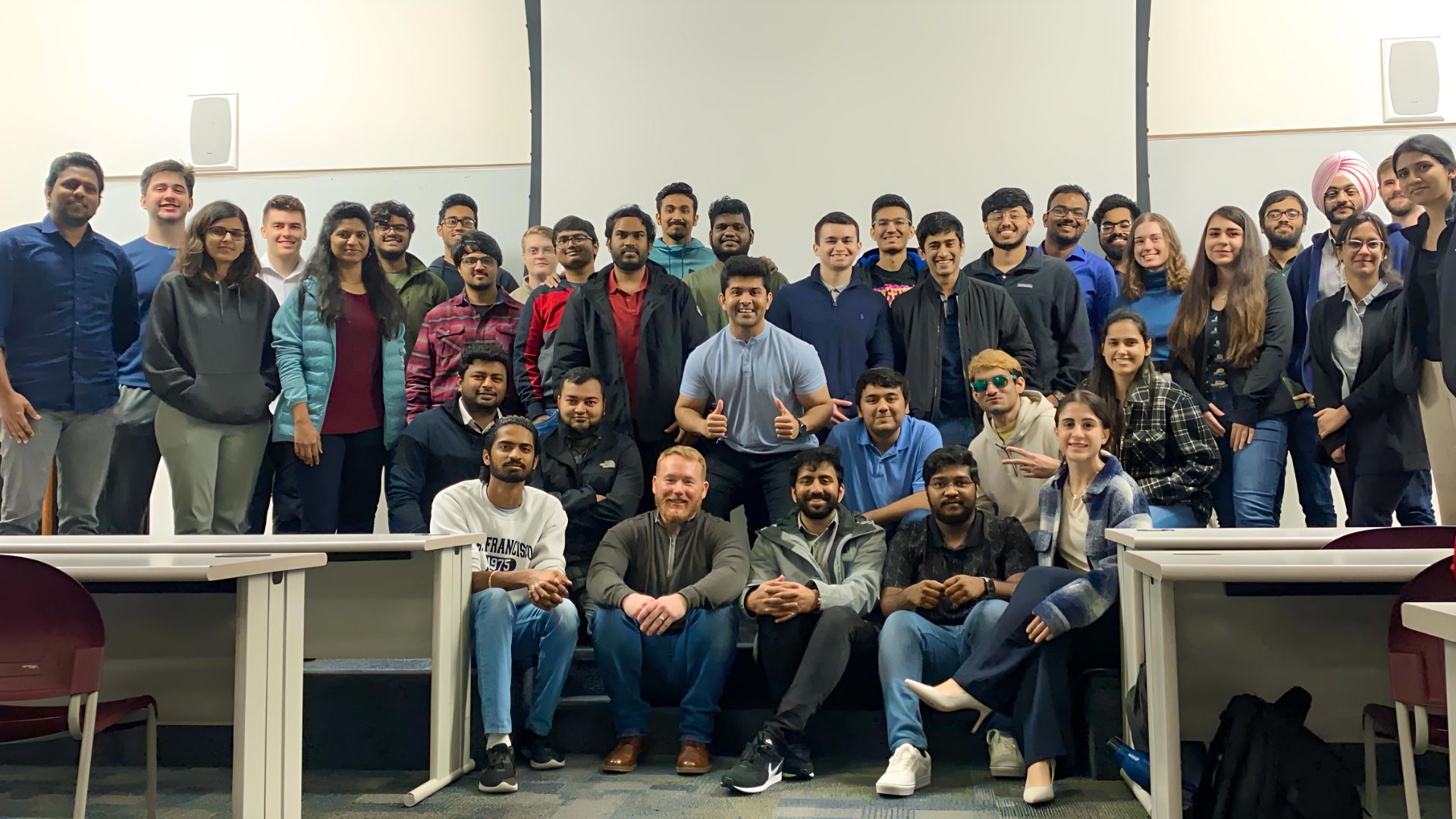Q&A With Functional Safety Lecturer Erik Reynolds

The Department of Systems Engineering has begun a new program in the important and growing area of functional safety systems. In the Spring 2023 semester, the department offered a new graduate course dedicated to functional safety systems after receiving a gift of more than $100K from Amazon Robotics. Currently, the department is developing a certificate program in which students can specialize in functional safety systems.
“For several years we have made an effort to hire lecturers who bring more than course content to the students,” said Dr. Stephen Yurkovich, head of the Department of Systems Engineering and Louis Beecherl Jr. Distinguished Chair at University of Texas of Dallas. “This is best achieved with systems engineers who have industrial experience beyond the classroom. Erik Reynolds is that sort of person, and he brings tremendous value to our program as a member of the systems engineering faculty.”
Erik Reynolds is an entrepreneur who is founder and chief executive officer of Reynolds & Moore and serves as one of the program’s key lecturers and advocates for functional safety. He shares more about his background and about the importance of the new area.
Tell me about yourself. I understand you have expertise in systems engineering and began your career working for the U.S. Marine Corps and Air Force. How did you build a career focusing on functional safety?
I began my career working on aerospace systems for defense. Of course, these are perhaps the ultimate in complex systems. They involve hardware, software and the most unpredictable of all – people. There I was introduced to systems engineering and subsequently decided to pursue formal academic training. After leaving the military, I decided that nine years was enough time spent on war machines and instead decided to focus on making machines safer for people. Functional safety is the application of rigorous systems engineering to safety, so the transition was seamless.
When did you become a lecturer in the Department of Systems Engineering in the Jonsson School at UT Dallas?
I taught my first class in systems engineering with architecture and design in fall 2018. In subsequent years, I also began teaching a course in systems reliability. This past spring, I developed and pioneered a new course in functional safety systems.
I understand you are a founder and CEO of a company focusing on autonomous systems safety. How does your real-world experience provide important insights for our students?
I find that working with leading companies like Amazon Robotics keeps me on the forefront of where different industries are going and what they are expecting out of the students they hire. It informs the way I structure my courses and the way I develop project-based learning. It also allows me to identify promising students with a passion for safety. We’ve hired eight interns and now have four employees from UT Dallas.

Tell me about the differences between safety and functional safety. Why is functional safety important for systems of all types, from motor vehicles to medical devices to large-scale defense systems?
Traditional safety focuses on passive systems with a human-in-the-loop, such as developing procedures, guarding, signage, etc. Functional safety focuses on automated systems so that hazards are handled often without the person’s knowledge. The main difference is that we are fully trusting these systems to protect us from harm.
How do people add complexity to a system?
With hardware, we can look at physics, but people are inherently unpredictable. We may need to safeguard against people not following a safety protocol or, in some cases, use human behavior to our advantage. It’s important to understand the psychology of human behavior when building a system.
How do you ensure functional safety and cybersecurity for complex systems?
Complex systems exhibit emergent behavior. This means that the “whole is more than the sum of the parts,” so you can’t predict exact behavior in all circumstances. This is especially true for systems such as artificial intelligence and machine learning. We place a huge emphasis on validation and verification testing. We design severe test cases for complex systems. The more severe a test the system can perform in, the more we can trust it to perform in everyday and emergency situations.
Amazon Robotics recently made a $100K gift to support functional safety coursework through the Department of Systems Engineering. Why is it important to invest in such programs?
All systems have risk, and all systems these days involve automation. We need to continue to invest in safety skills so that these systems we trust with our lives are designed with all due diligence. Any engineer can make it work once, but very few can make it work every time.
What career benefits can students expect from taking courses in functional safety?
There is a huge labor shortage in functional safety. More governments and industries are requiring functional safety from manufacturers and operators from sectors including medical, supply chain, transportation and energy. However, few engineers know how to develop and field these systems properly. Right now, we don’t have enough engineers to keep up.
As we move to more autonomous systems – self-driving cars come to mind, functional safety will be required. Everywhere there’s automation, there’s automated safety.




